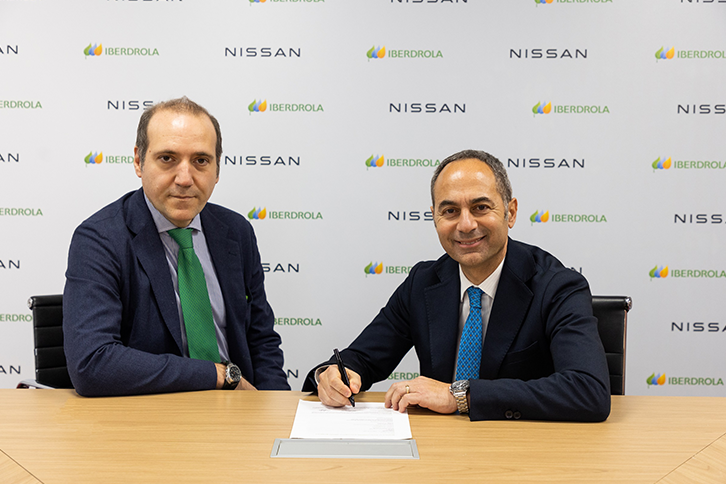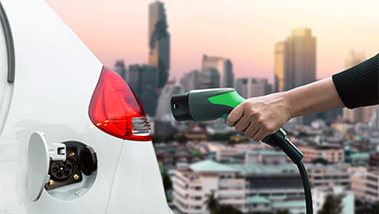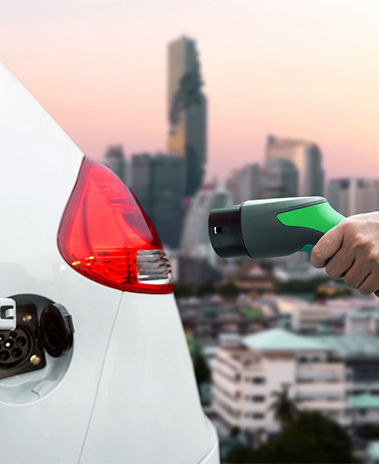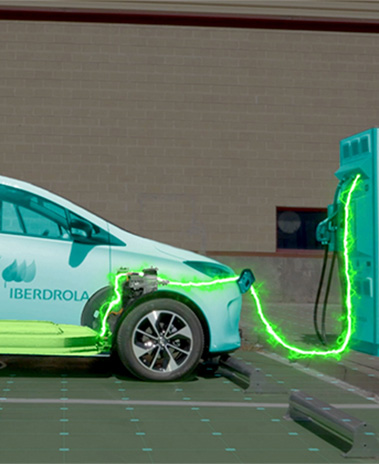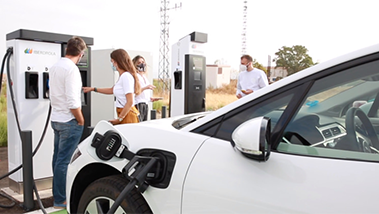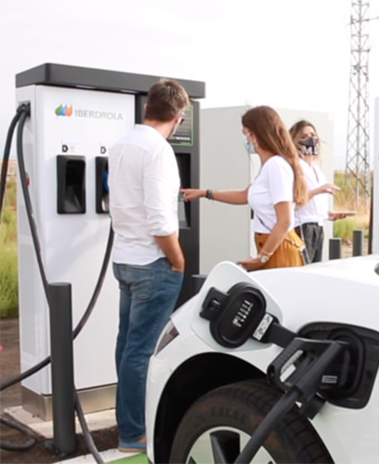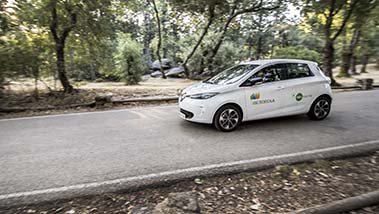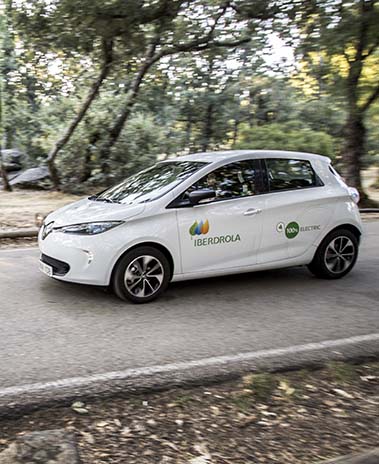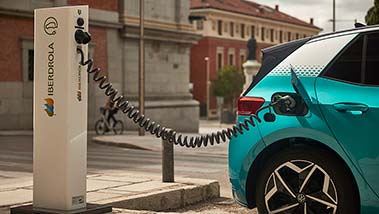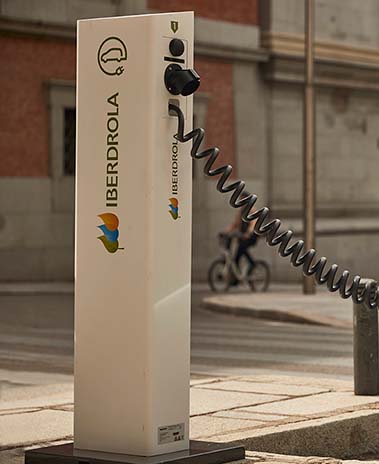#electric cars
Electric cars - pluggable into the electricity grid - make it possible to reduce the consumption of fossil fuels and emissions in the transport sector, in addition to facilitating the entry of renewable energies in a sector in which it is very difficult to penetrate. The Iberdrola group believes in electric cars with plans such as 'Smart Mobili'.
-
Nissan and Iberdrola have signed a partnership agreement to strengthen their commitment to electric mobility in Italy and to achieving a more sustainable present and future. Under the terms of the agreement, Nissan will offer those who...
Road transport is one of the largest emitters of greenhouse gases in the US. Electric vehicles are a sustainable alternative, but they represent only 1% of the 250 million cars and trucks on US roads. Will it be possible to convince drivers in the country to support a practical and environmentally friendly option such as electric cars?
-
Iberdrola reinforces its strategy through its Sustainable Mobility Plan started up in 2016, thanks to the development of policies and concrete actions to 'mobilise' all the players involved: administration, companies, car manufacturers, etc.
By 2040, more than half (57 %) of passenger car sales will be electric, while electric buses will completely dominate the market, comprising more than four fifths of sales (81 %), according to clean energy analysts BloombergNEF (BNEF). The enthusiasm for a forthcoming electric vehicle (EV) revolution is palpable in many quarters, but practically speaking, it still seems a long way off.
-
Electrically powered cars have been on the road for almost two centuries, but petrol cars took the lead after World War I. After several changes and evolutions in technology, these vehicles are considered the next big step towards more sustainable and environmentally friendly urban mobility. After various changes and evolutions in technology, these vehicles are seen as the next big step towards more sustainable and environmentally friendly urban mobility. But why were they invented and how have they changed over time?
Despite the exponential increase in sales every year, some people are still not aware of all the advantages of the electric car over the conventional car. Economic savings and the absence of emissions are some of the most popular arguments for opting for this sustainable alternative to internal combustion cars. A technology that has ceased to be the future of mobility to become firmly established in the present.





